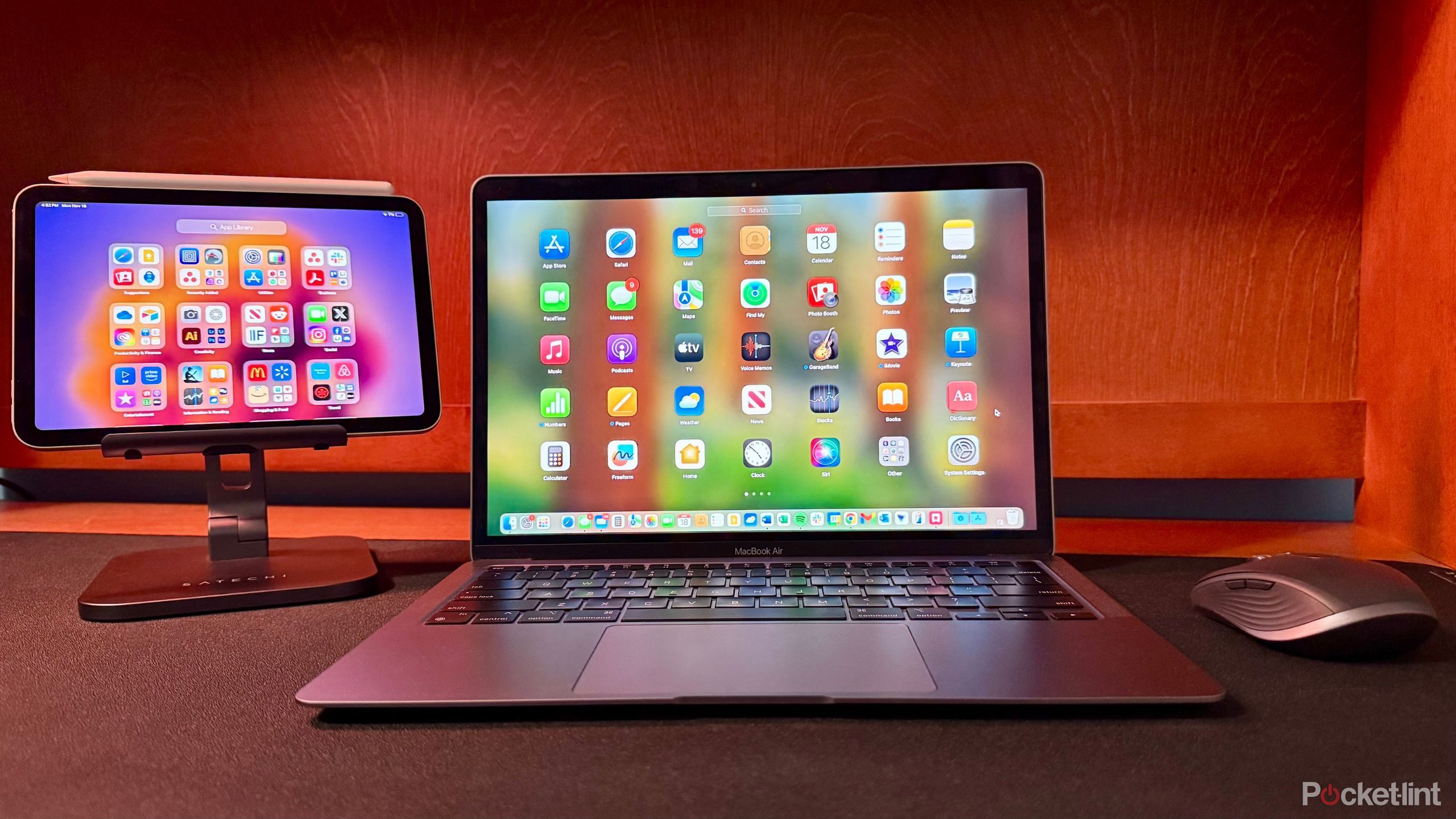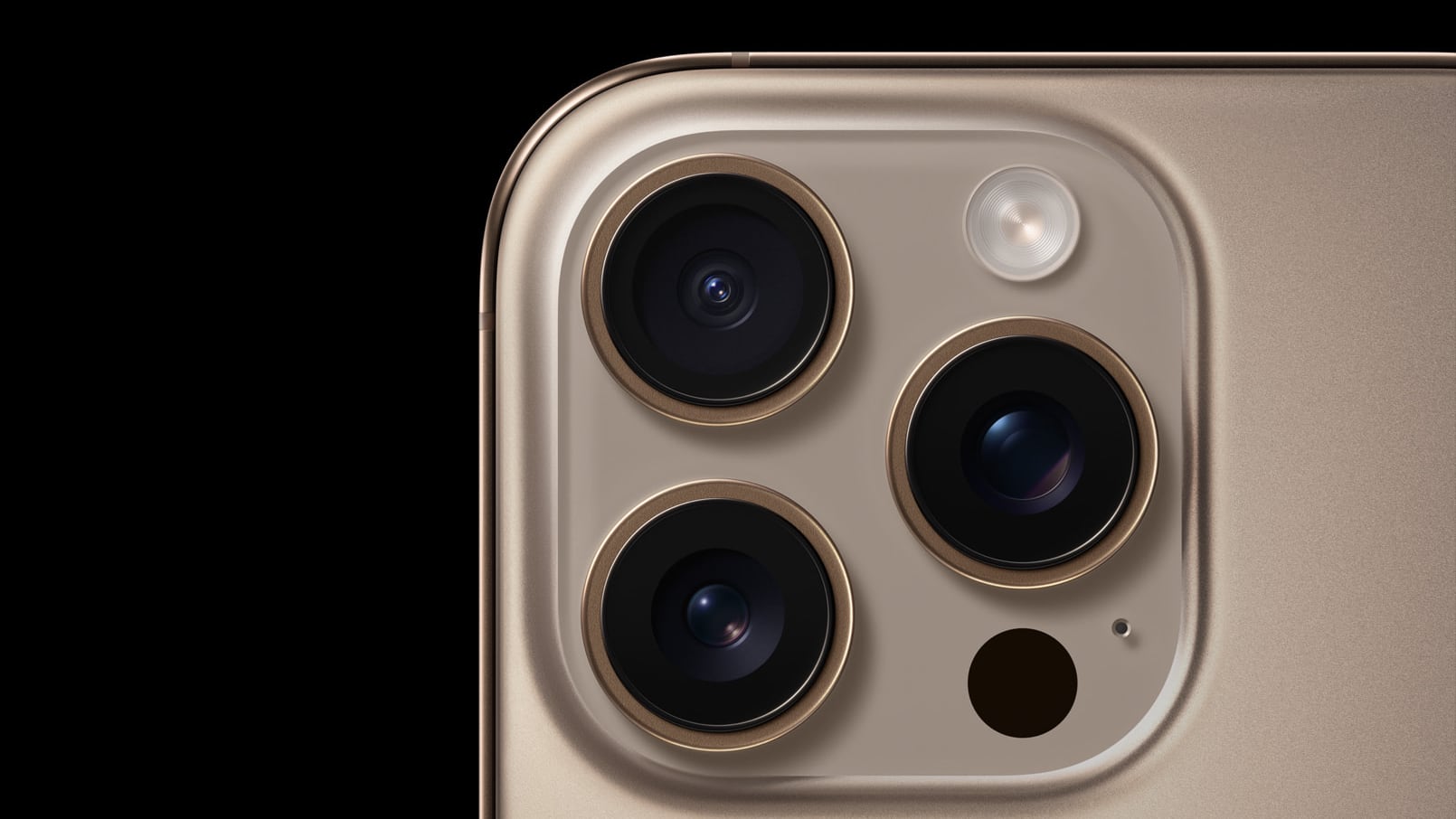Samsung’s smart TVs this year will all run on Tizen OS

Samsung has a grand vision for its Linux-based Tizen operating system. While it hasn’t been able to ship its Tizen-powered mobile handsets so far, the Korean electronics company already sees its homegrown operating system running on other devices. The company announced yesterday that all its forthcoming smart TVs this year will be powered by Tizen operating system, Reuters reports. The first such Tizen-powered Smart TV set will be unveiled at CES next week.
The company says that with its operating system, it will be able to offer a seamless connectivity between its TV and other Samsung devices. The TV, Samsung says, will support media streaming between the devices over Wi-Fi Direct. It will also utilize Bluetooth technology to automatically connect with other Samsung devices placed near the television, and allow them to enjoy live TV on their mobile handsets. The company has seemingly partnered several media giants, and is also said to have integrations with PlayStation Now, Samsung Sports Live, and its recently launched Milk Video services.
The company was expected to ship a premium Tizen-powered mobile handset Z last year, but it was reportedly forced to cancel the projectwhen developers ditched the platform citing little incentive for making apps for a new operating system. The company was then working on an affordable handset Z1 which it had initially planned to launch in India by the time of Diwali. There has been a slight delay on the launch, and now, according to a report from last month, the company is planning to make the handset official on January 18.
The company’s increased focus towards its platform also signals its aggravating relationship with Android-maker Google. Samsung, which is by far the largest shipper of Android mobile handsets, has been trying to reduce its reliance on Google’s products for quite some time now. The demonstration of their withering partnership was publicly evident when the company placed Microsoft’s Metro-esque magazine app on its tablets last year. It has also partnered with Intel and NTT Docomo to further accelerate its Tizen ambition.
As for the Tizen platform on TV, it will be interesting to see how thoroughly Samsung has thought about it. Many companies, including Samsung have tried their hand at building smart TVs but have mostly failed to make much sense out of it and lure customers. LG is one of the few companies that seem to be on the right track. After a number of failed attempts with webOS-based TV, it was finally able to make a design that was lauded by critics and reviewers last year. The company has reportedly sold more than 5 million smart TV sets.
IMPORT:-BGRindia






